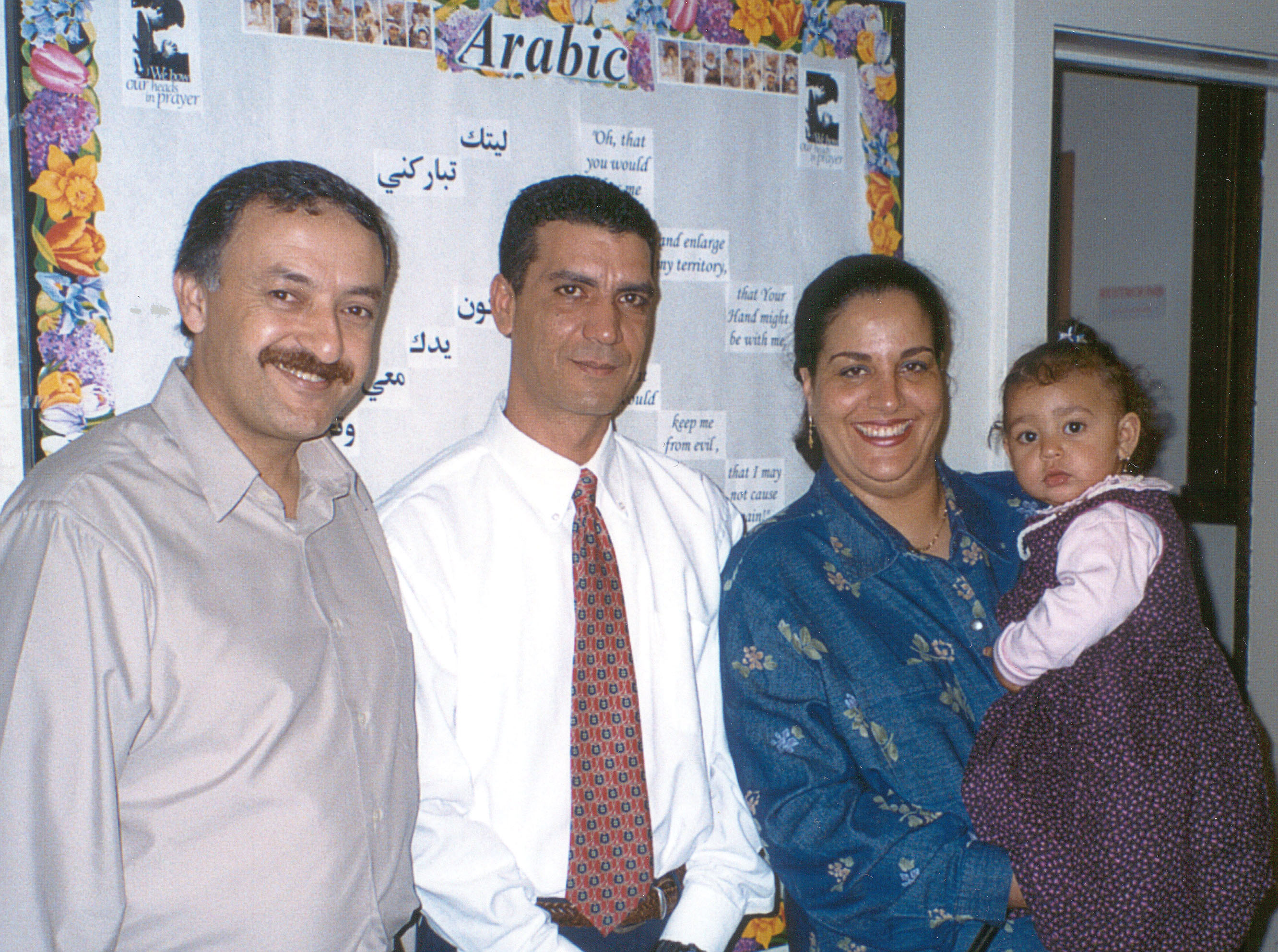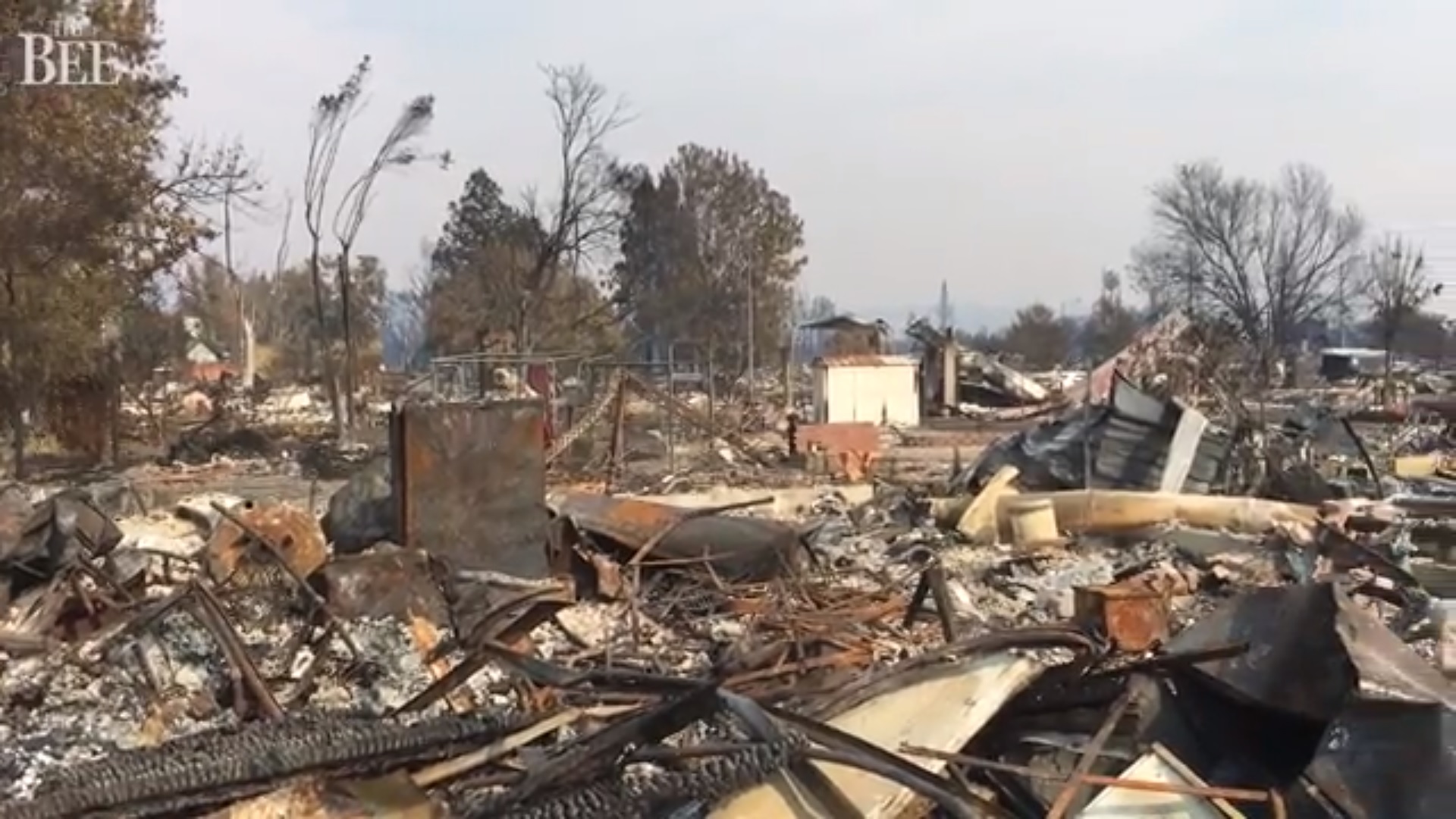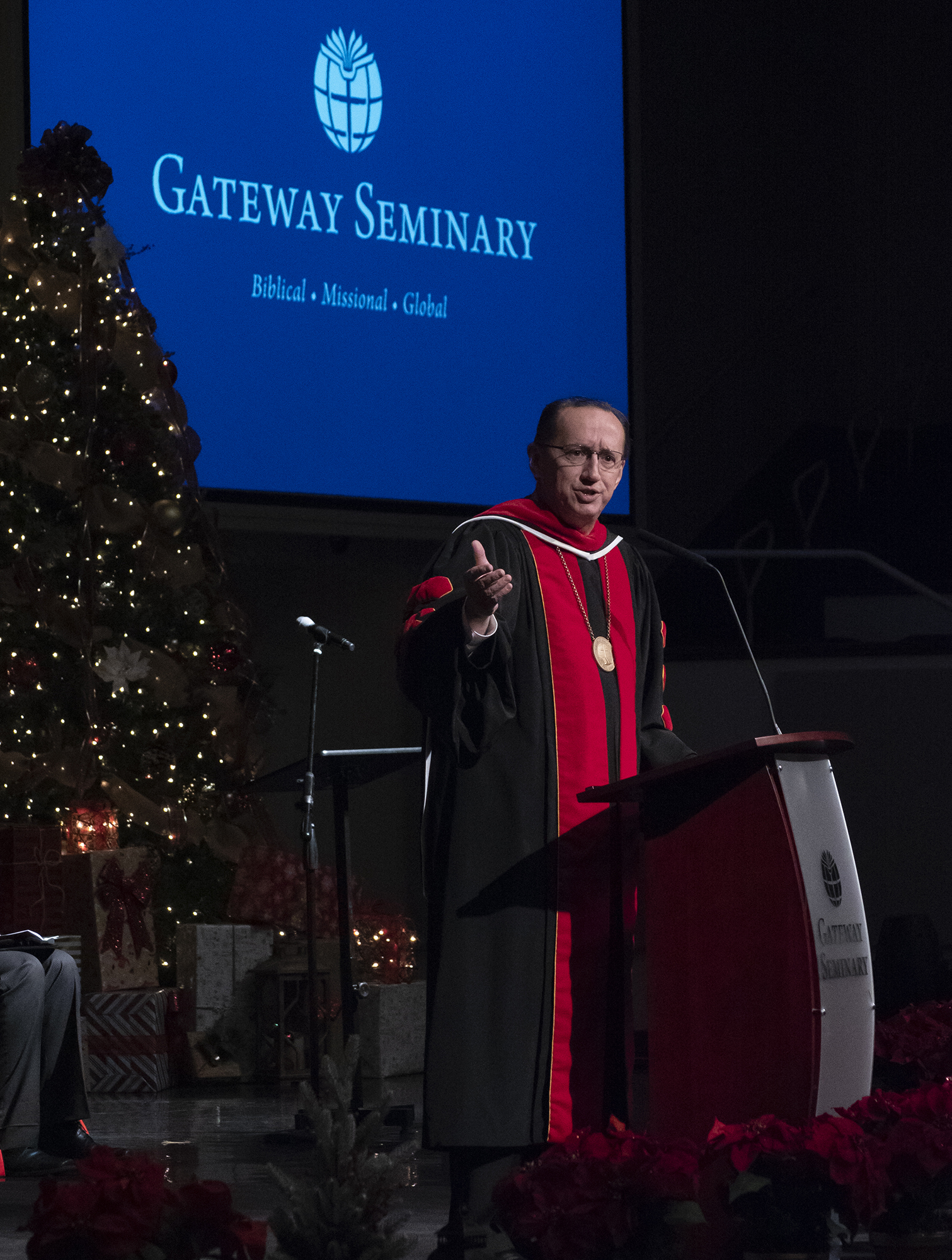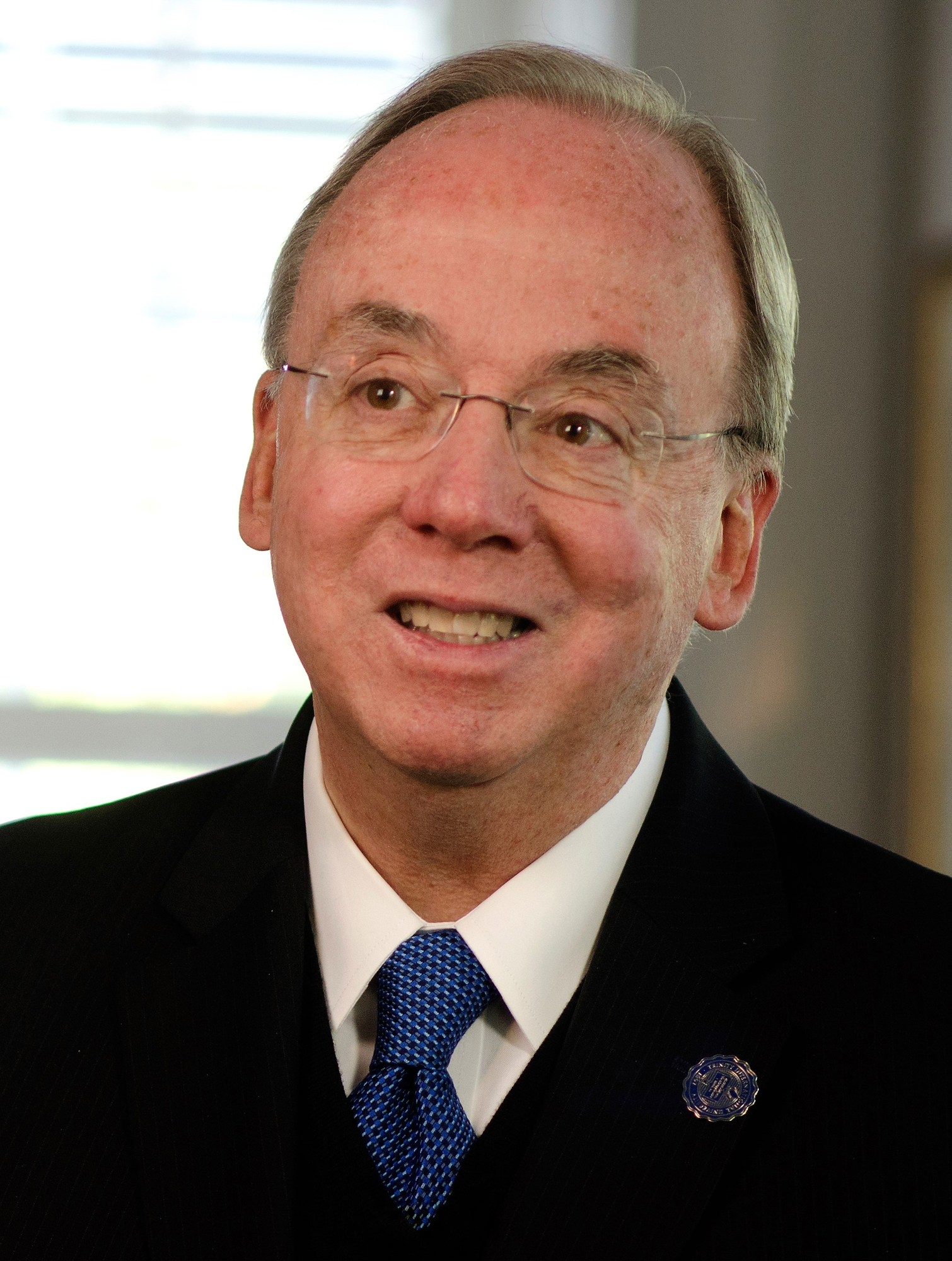
SAN FRANCISCO (BP)–Jesus’ instructions to his followers to pray for their enemies and those who persecute them have posed a fresh challenge for all American believers since Sept. 11, but none more so, perhaps, than people like Golden Gate Baptist Theological Seminary student Bassam Qusous.
As his name indicates, this pastor of two Arabic Baptist churches in the San Francisco Bay area is of Arab descent — he immigrated from Jordan in 1988, a 30-year-old Christian “blessed” with a highly-coveted United States visa. And he, like his congregation, feels hemmed in from all sides in the aftermath of the Sept. 11 terrorist attacks on the East Coast.
“I feel like we are in the middle of this,” said the mustached Qusous, his English carrying a soft Middle Eastern accent. “It is of course very difficult for us: we are Arab, and we cannot deny that, we do not deny that, but we are American Arab. And we are Christians. It is difficult to be all of those things at the same time.”
Qusous had a tough job of it before, shepherding congregations that are the Arab world in microcosm: he has member families from Jordan, Syria, Lebanon, Iraq, Egypt and Palestine. While their common Arab background takes precedence for these churches in San Francisco and San Jose, the cultural differences — of dialect, family roles, social customs and more — are a daily challenge to their unity in Christ.
But Qusous takes Jesus’ mandates seriously, and hard as it is, he leads his congregations in praying for their enemies: Jews, who are seen as avowed enemies of most Arab countries; the extreme Muslim leaders of their birth countries; and, now, the terrorists who have attacked their adopted country.
“That is my task here,” Qusous said with words as simple as the task is complicated. “Our master is the prince of peace. That’s what I teach my family and that’s what I teach the people whom God has led me to teach. We must pray for everybody!”
This has stretched the faith of his congregations, Qusous conceded, as Palestinians find themselves praying for Jews. “Some of my people react with disbelief when I first tell them that we should be praying for our enemies. ‘Can I really do that?’ But I feel I must stand at my pulpit and tell them this. After a while, it becomes the normal thing for us, as it should.”
The challenge of praying for one’s enemies becomes greater when the members of these Arabic congregations go to school or work these days, as people on the street and on the buses and even some coworkers verbally harass them.
However, many of these same families are accustomed to living in a nation either in or on the brink of war. “Most of them have lived much of their lives surrounded by war,” Qusous said, “and this is not unusual. That in itself is sad, of course. But they are even more sorrowful to see this happening in America.”
Qusous, a master of divinity student at Golden Gate Seminary’s residential campus just north of San Francisco, turned on the television early Sept. 11 to watch the morning news, and he, his wife and his three children — like the rest of America — viewed the unfolding events with astonishment and tears. The hurt was magnified when they learned the attacks were carried out by extremists from the Middle East. Qusous, and every family in his congregations, have family members still there.
“We need to understand that there are Christians who live in these Middle Eastern countries, and they live under Muslim rulers, and they are caught, too,” he said. “Of course the whole country cannot be blamed for these bad people. We have had bad people and hatred since the time of Adam and Eve.”
And even as newspaper columnists and political leaders call for Americans to support, not condemn, Americans of Arab background, they also are calling for American Muslim leaders to be vocal in their condemnation of the extreme views of Muslim terrorist groups. Qusous is already doing exactly that.
“As Arab Christians, as we say this kind of action does not represent Christians, we separate ourselves from anyone who gives Christians a bad name,” he said. “And Muslims need to do the same thing. These bad people are giving a bad name to every Muslim and every Arab person, and the Arabs need to separate out from them.”
As the story from Sept. 11 continues to unfold, and the consequences play out on the world stage, there are two congregations of Arab American believers in northern California praying — for themselves, their church, their adopted country, the Christian church and even their enemies — taking Jesus’ challenge to heart even in difficult days.
–30–
(BP) photo posted in the BP Photo Library at https://www.bpnews.net.
Photo title: ARAB PASTOR.





















